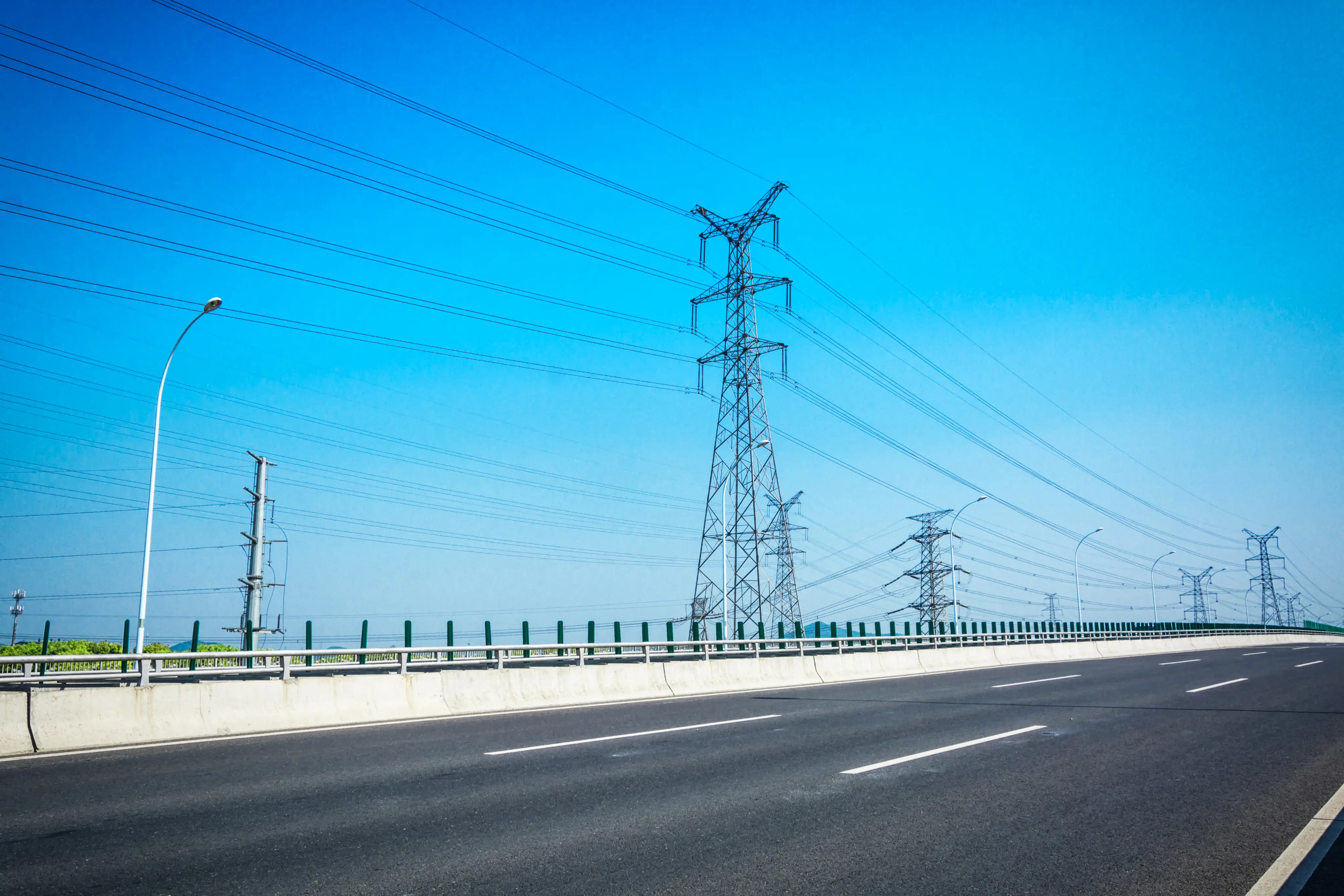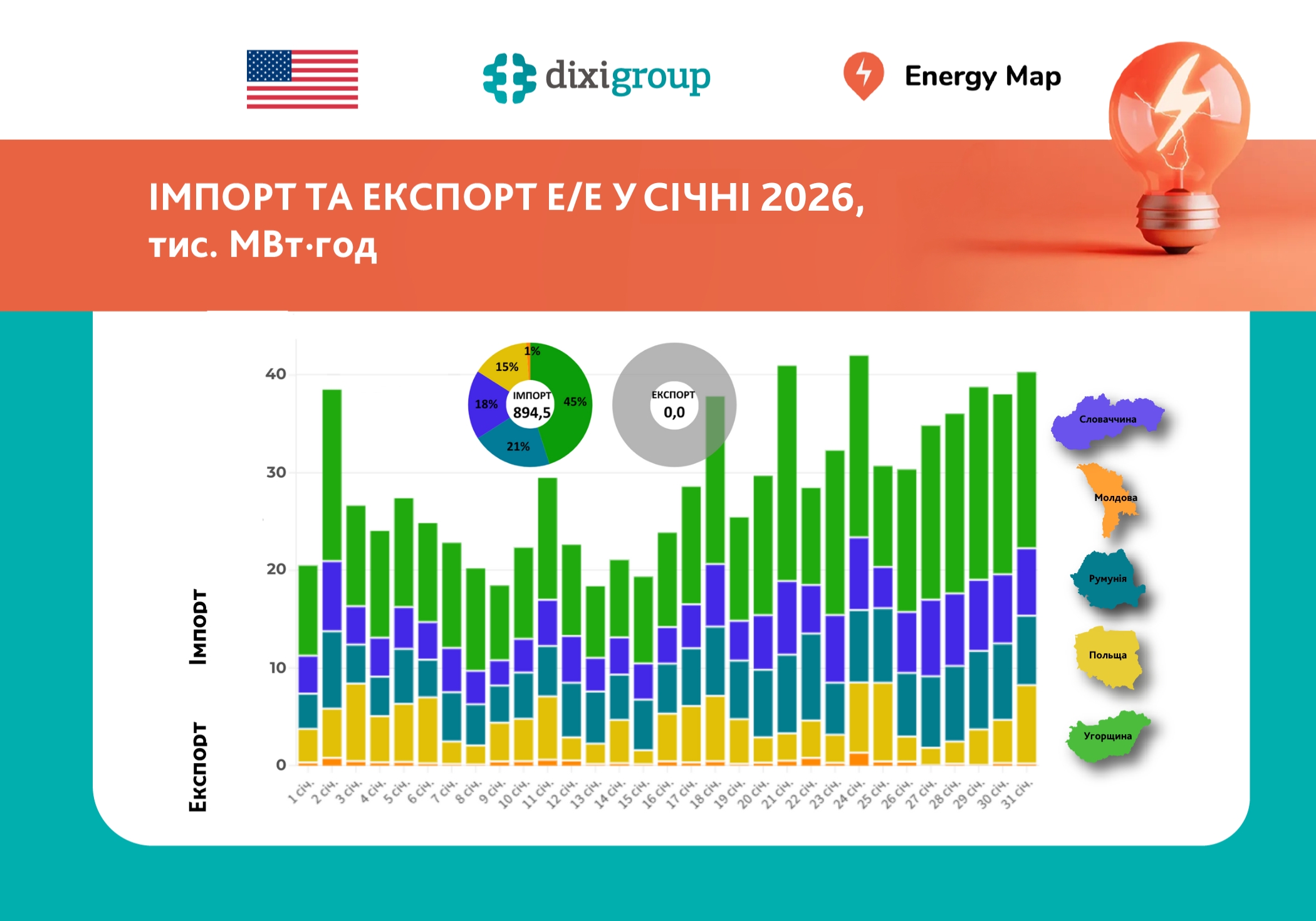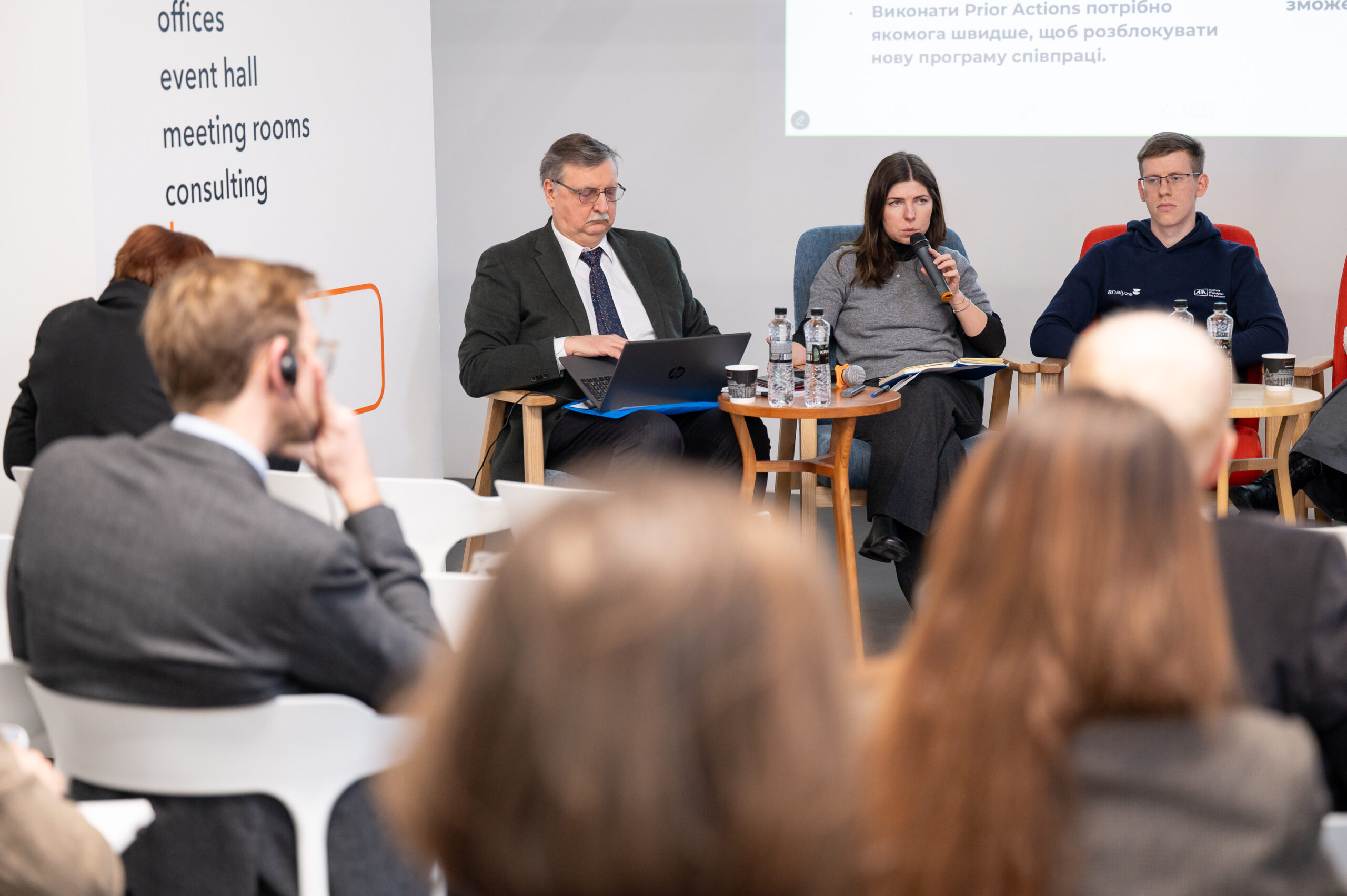Kyiv-based DiXi Group and Brussels-based Bruegel think tanks presented a joint study with recommendations for the European Union to reduce its dependence on Russian uranium imports.

The document notes that the EU remains dependent on Russia at almost all stages of the nuclear fuel cycle, including conversion, enrichment and supply of fuel assemblies. The situation with VVER reactors developed by the Soviet Union operating in Europe is particularly critical: in 2023, 81% of imports of fuel assemblies (573 out of 707 tonnes), which ensure the operation of reactors of this type, came from Russia.
Despite Russia’s war against Ukraine, in 2024 the EU imported uranium products from Russia for more than €700 million, according to Eurostat data cited by the authors of the study. Although this is only about 3% of total energy imports from Russia (22 billion euros), nuclear dependence poses significant strategic risks.
Russia has already used energy resources as an instrument of pressure, and a similar tactic with uranium is quite possible. The Kremlin could suddenly cut off supplies, disrupting critical supply chains. European energy companies are building up stockpiles. However, this is only a temporary solution that does not guarantee long-term security.
“The danger lies not only in the risk of supply disruptions, but also in political vulnerability. Therefore, refusal from Russian uranium is both an energy solution and a value choice”, Olena Lapenko, General Manager for Security and Sustainability at DiXi Group, co-author of the study, comments on the published material.
Imports of nuclear fuel open up space for political influence from Russia through long-term contracts, joint projects (such as a new reactor in Hungary), and the possibility of putting pressure on individual member states to block anti-Russian initiatives. Despite the sanctions pressure, Rosatom is still present in the EU market, in particular through contracts with third countries, which creates loopholes in sanctions policy.
One example of Russia’s continued presence is the cooperation of the French company Framatome with Rosatom. Despite Russia’s full-scale aggression against Ukraine, Germany plans to produce fuel assemblies for VVER reactors under the license of Russian TVEL. Although this reduces direct dependence on imports, Rosatom remains a key player: it holds the licence, is a sub-supplier and participates in the strategic management of the project.
“Such an approach will only deepen Rosatom’s integration into the European nuclear chain and create risks of technological and commercial influence from the aggressor country”, the General Manager adds.
In addition, Rosatom is closely linked to the Russian military-industrial complex. The company actively cooperates with sanctioned defence companies, fulfils military orders and has access to technologies that can be used for weapons production.
The financial and moral aspect is also of great importance: the purchase of uranium from Russia means hundreds of millions of euros, which ultimately support the budget of the aggressor state, despite the EU’s declared strategic solidarity with Ukraine.
The researchers note that although it is impossible to immediately abandon imports, the EU has all the prerequisites for a gradual reduction in dependence. European and partner companies can expand production and build new logistics routes, including from Canada, Australia, Namibia, or Kazakhstan. At the same time, new conversion and enrichment facilities in the EU, the US, and the UK are not expected to be launched until the early 2030s.
“The EU should adopt a clear strategy for the gradual abandonment of Russian uranium. The risk of a repeat of the “gas scenario” is quite real, especially if imports start to decline. The existing nuclear fuel reserves will only temporarily mitigate the consequences, but the long-term solution is to diversify supplies”, says Olena Lapenko.
The analysts recommend a structured approach to gradually reduce imports of Russian uranium with a focus on developing domestic production, increasing competitiveness and restricting Rosatom’s access to the European market.
The first stage is an embargo on enriched natural uranium, which will have a limited impact due to existing reserves. The second is a gradual phase-out of ready-made fuel for VVER reactors. In both cases, a clear legal framework at the EU level is needed to allow companies to legally terminate contracts with Rosatom.
This approach would reduce energy security risks and contribute to the formation of a sustainable European nuclear market independent of the Kremlin.






